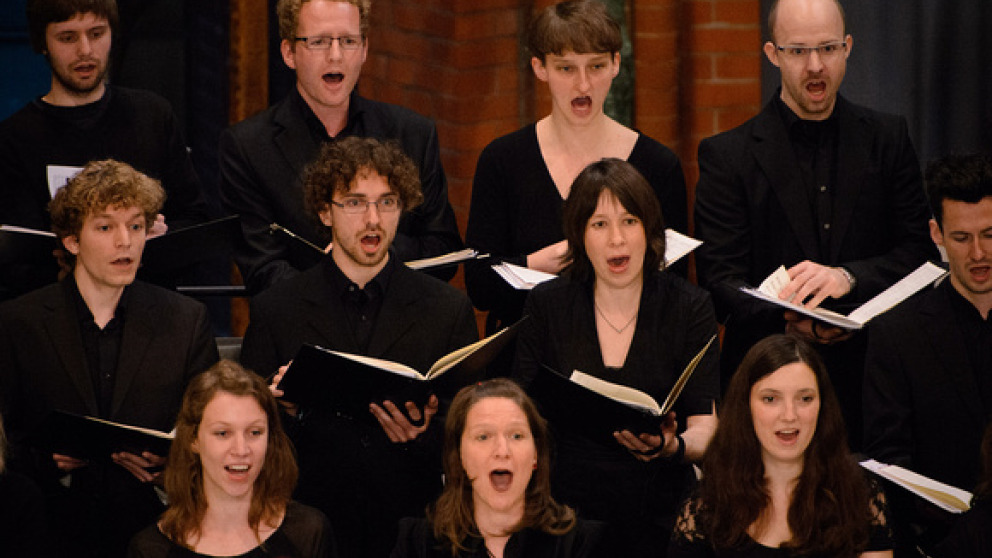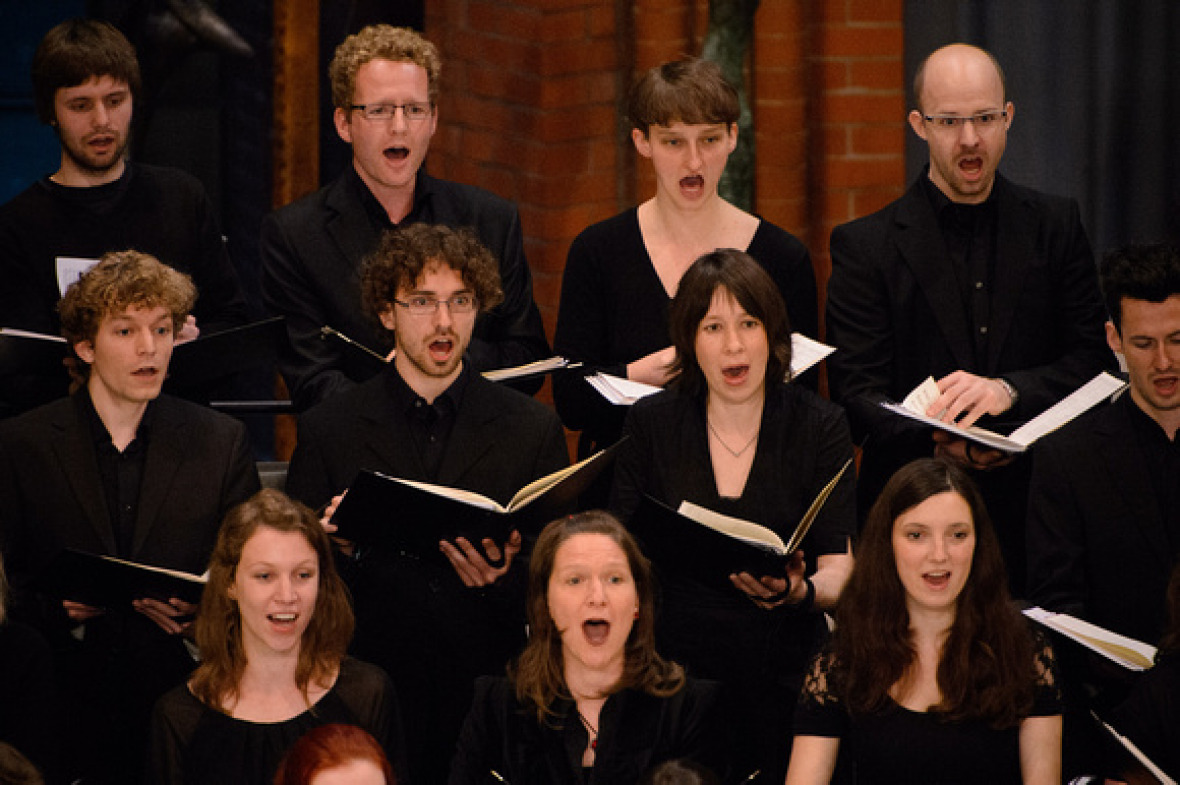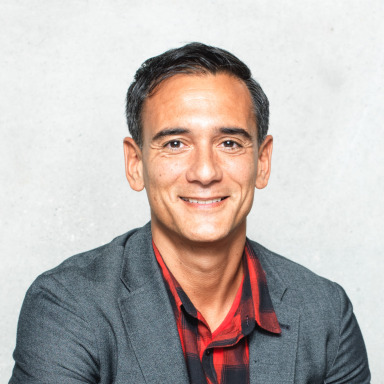Headline:
How Does the Relationship between Humanity and Nature Change in the Anthropocene? IASS Symposium Seeks Answers

Since the beginning of the Industrial Revolution, humanity has been influencing the planet on a massive scale. Developments such as deforestation, urbanisation and climate change are permanently changing the Earth’s geology and atmosphere. These and other changes to the Earth system got under way about 200 years ago and they have been accelerating rapidly since the end of the Second World War. Their significance is such that some researchers have been arguing since the turn of the century for the acknowledgement of a new geological era: the Anthropocene. The questions of just how profound and long-lasting the effects of the Anthropocene will be, and what conclusions we should draw from that are part of a scientific and societal discourse, which tends, however, to be conducted only among experts and elites. Yet the Anthropocene demands that all of us revisit the question of humanity’s relationship to nature and our responsibilities in the light of that.

A communications project organised by the IASS, the choir of the Junges Ensemble Berlin (JEB) and the University of the Arts (UdK) Berlin titled “Paradise reloaded? – Creation in the Anthropocene” addresses this matter. The project is inspired by Joseph Haydn’s Oratorio “The Creation”, which was first performed in 1798. As a representation and celebration of nature, the work was met with unparalleled public acclaim and is still regularly performed today. What do we understand by ‘creation’ nowadays? What is humanity’s relationship to nature in the twenty-first century? How has this relationship changed since Haydn’s time – and the beginning of the Anthropocene? You are warmly invited to attend our interdisciplinary symposium on “Culture and Nature in the Anthropocene” from 10 a.m. to 5.15 p.m. on 7 February 2015.
The event is conceived as a dialogue in which everybody can participate. The invited speakers include Professor Hartmut Fladt (musicology), Professor Verena Winiwarter (environmental history), Professor Hansjörg Küster (ecology) and Professor Jürgen Manemann (theology). The themes discussed will encompass critical changes over the last two centuries, ranging from urbanisation and the loss of biodiversity to cultural education. As part of the communications project there will be two performances of Haydn’s work on 6 and 8 February with the participation of the Prometheus Ensemble Berlin and the choirs of the Werner von Siemens and Hermann Ehlers Grammar Schools in Berlin. All the project events, including the symposium, will be filmed.
If you wish to participate in the symposium, please register by e-mailing Jana Fasheh at schoepfung [at] iass-potsdam [dot] de (schoepfung[at]iass-potsdam[dot]de). Please contact manuel [dot] rivera [at] iass-potsdam [dot] de (Manuel Rivera) if you have any questions about the event.
Further information:
- IASS Working Paper (in German) "Die Schöpfung im Anthropozän: Zwischen Natur und Kultur"
- Directions to the IASS Potsdam
- Flyer
- Programme
Photo: © Stephan Röhl/Junges Ensemble Berlin
28.01.2015

